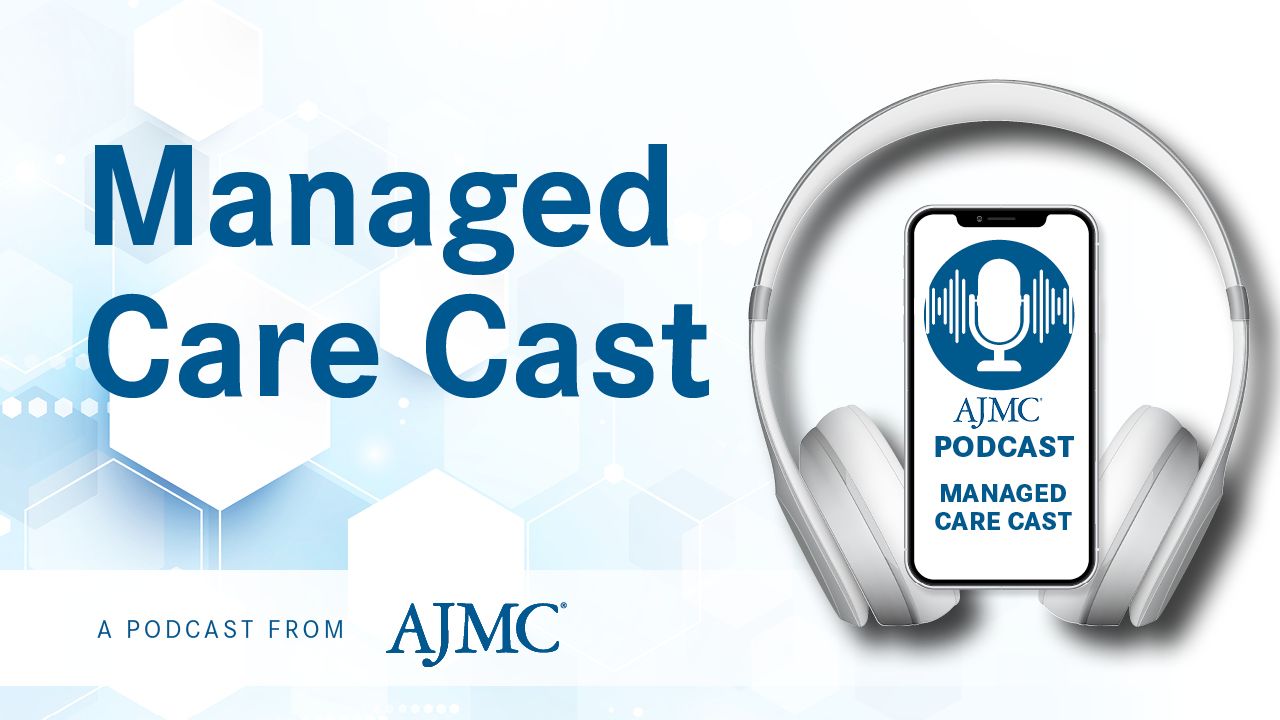Video
Dr Shoaib Ugradar: AEs Associated With Teprotumumab Have Largely Been Reversible
Most of the adverse events that resulted from use of teprotumumab have been reversible, said Shoaib Ugradar, MD, UCLA Stein Eye Center Santa Monica.
Most of the adverse events that resulted from use of teprotumumab have been reversible, said Shoaib Ugradar, MD, UCLA Stein Eye Center Santa Monica.
Transcript
You are presenting data on the adverse events associated with teprotumumab. What did you find?
I think this is an extremely important question, especially since it concerns patient safety. Now, if you look at the original trials, the most common side effects related to headaches, fatigue, muscle cramps. And these were easily dealt with adequate hydration and rest. And on the other side of the spectrum, they also found that patients with diabetes had a propensity to increase the glucose levels once they've been treated with teprotumumab. Now, once again, with careful monitoring a lot of the serious sort of outcomes of this are circumvented and in my experience, good management of these patients means that the glucose levels, even if they do spike, are easily caught and managed on the spot.
Now, one of the other adverse events that seems to be interesting is disturbances in hearing there have been a few patients that have experienced tinnitus following treatment with teprotumumab. And at this stage, most conditions have been found to be reversible. There have been a few instances where patients have had more long-term hearing disturbance, but it remains unclear if they had hearing disturbances to begin with before treatment. So, to look into this in more detail, we've designed some studies that will prospectively look at hearing disturbance to try and see the full incidence and prevalence in patients treated with teprotumumab.





